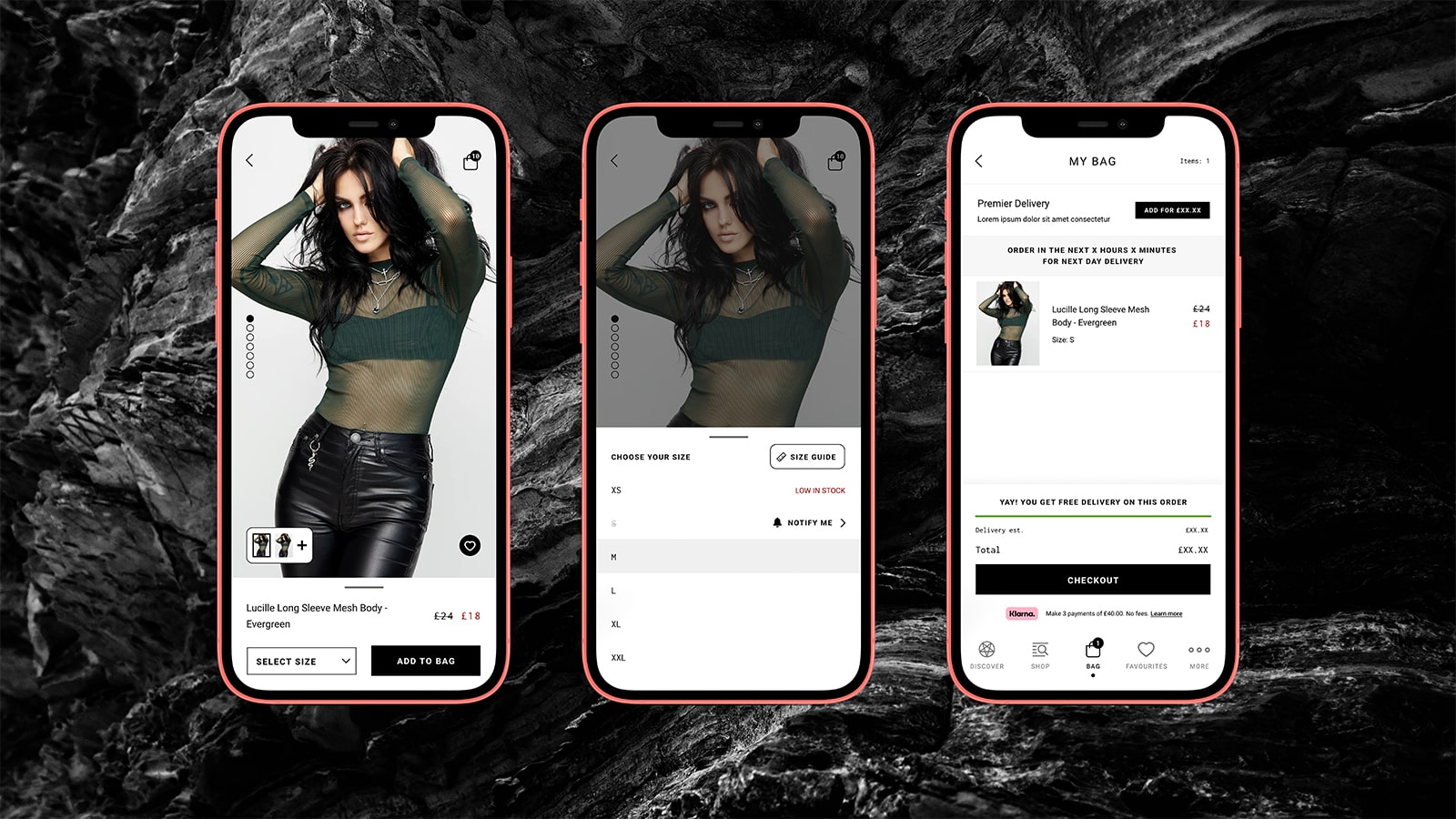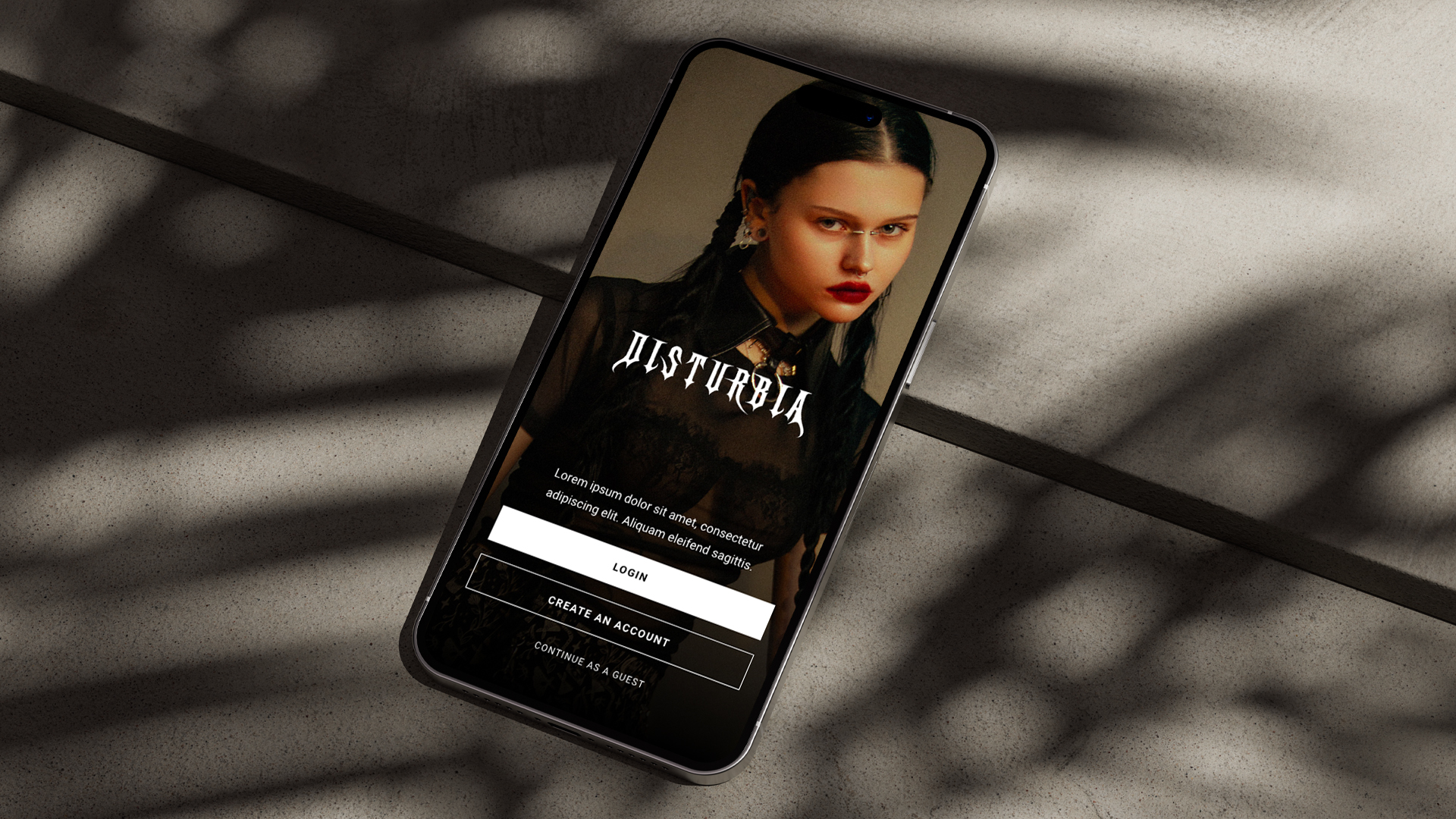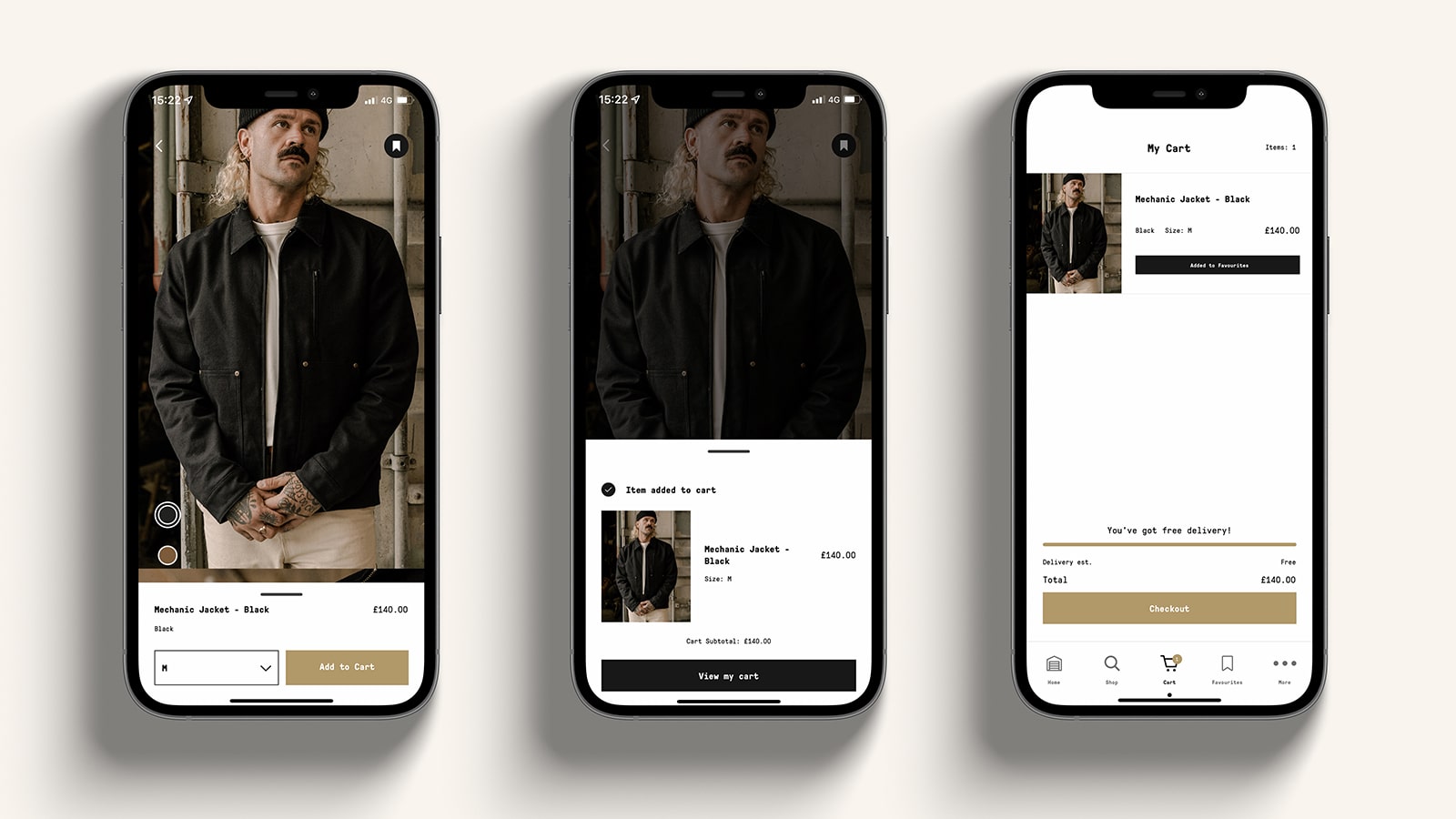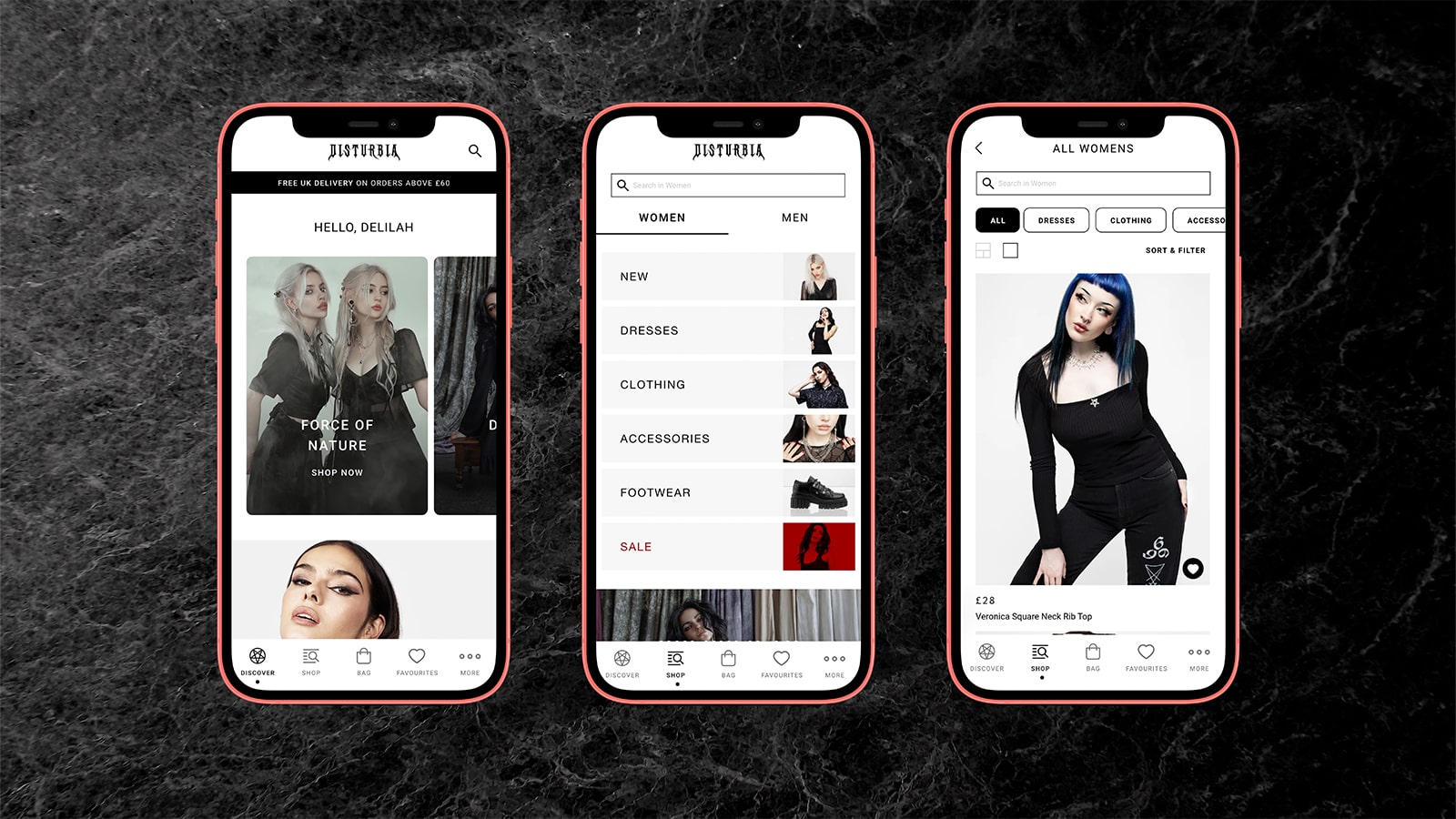The cost of custom Shopify development varies depending on the level of customisation you require, the complexity of the project, and the experience of the developer or agency you hire. Here’s a general breakdown:
Basic customisations: Small tweaks to a theme, such as layout adjustments, custom fonts, or minor functionality changes.
Mid-level development: Customising product pages, integrating third-party tools, or adding unique design elements.
Advanced development Full theme development from scratch, complex integrations, or headless Shopify setups.
Freelance Shopify developers tend to charge lower rates than agencies, but agencies offer more comprehensive support. If you need continuous maintenance or new features over time, budgeting for ongoing costs is important.
Additionally, Shopify Plus users may need to invest more in development, especially if they require a fully customised checkout experience or enterprise-level integrations. While the upfront cost of custom development can be high, it often results in better performance, increased conversions, and reduced reliance on third-party apps, saving money in the long run.
As expert Shopify developers, Cake Agency can fulfil any custom Shopify development needs, and we’ll even work with you to find a way to get the project to suit your needs.











